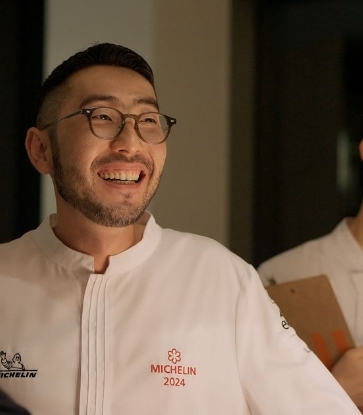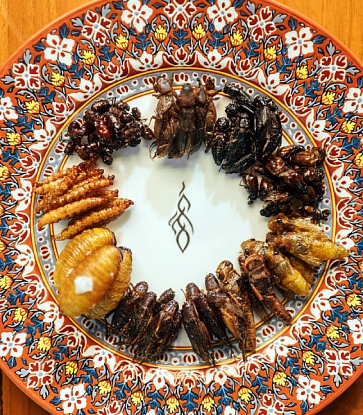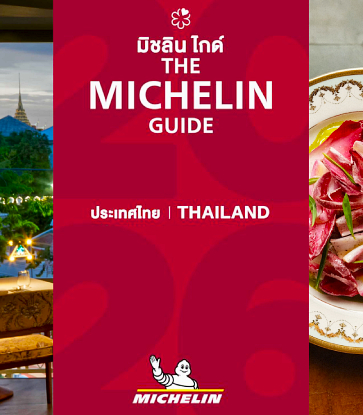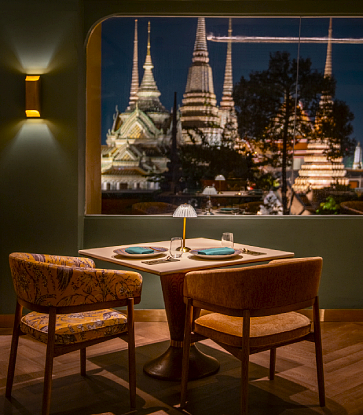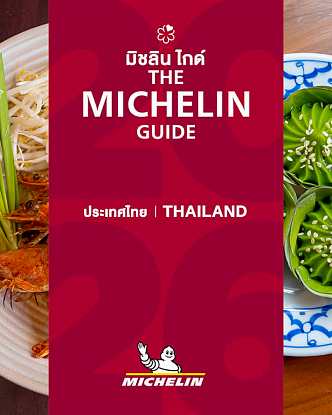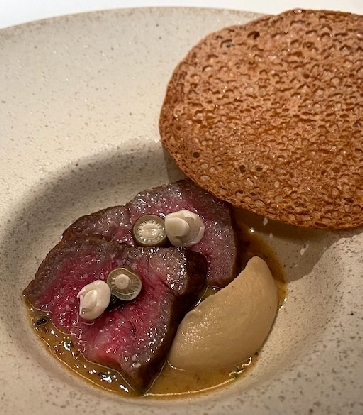On 25 November 2021, the MICHELIN Guide Seoul 2022 unveiled its selection of 169 restaurants, including 33 with Stars. Along with that, the Mentor Chef Award was given out for the second time. This award is sponsored by Market Kurly, a premium fresh food online platform striving for the development of gastronomic culture alongside MICHELIN restaurants. The Mentor Chef Award debuted last year with the awarding of chef Cho Hee-suk, chef-owner of 1-MICHELIN Star Hansikgonggan.
This year, the award goes to veteran chef Jang Young-sik of 1-MICHELIN Star L'Amitié, who has introduced and persistently expanded the base of fine dining culture in Seoul. Chef Jang first discovered an interest in cooking at a restaurant where he worked part-time when he was a teenager and decided to further his experience at Gyeongju Hotel School. There, he met his mentors and worked at a hotel for 11 years, working his way through French and Italian restaurants and a butcher shop to build up his skills.
L'Amitié began welcoming its first guests in 1999 and is the only French fine dining restaurant in Korea that has upkept its reputation for more than 20 years. In 2006, L'Amitié’s chef Seo Seung-ho proposed that chef Jang acquire the restaurant, which he accepted and has run ever since. L'Amitié has maintained its Star for six years since the 2017 edition when MICHELIN Guide first debuted in Seoul.
Sophie Kim, CEO of Market Kurly, the official sponsor of the Mentor Chef Award, congratulated chef Jang on his recognition. "It's been a year with a lot of difficulties due to COVID-19, but there are people who're always playing a pioneering role at the forefront of the gourmet industry. This is the time when various collaborations and attempts are needed more than ever for the development of the domestic F&B industry. It is an honor to award Chef Jang Young-sik of L'Amitié with the Mentor Chef Award, as he has been cultivating gastronomic ecosystems for many years. Along with this, Market Kurly will also continue working towards advancing food culture with integrity and strong values."
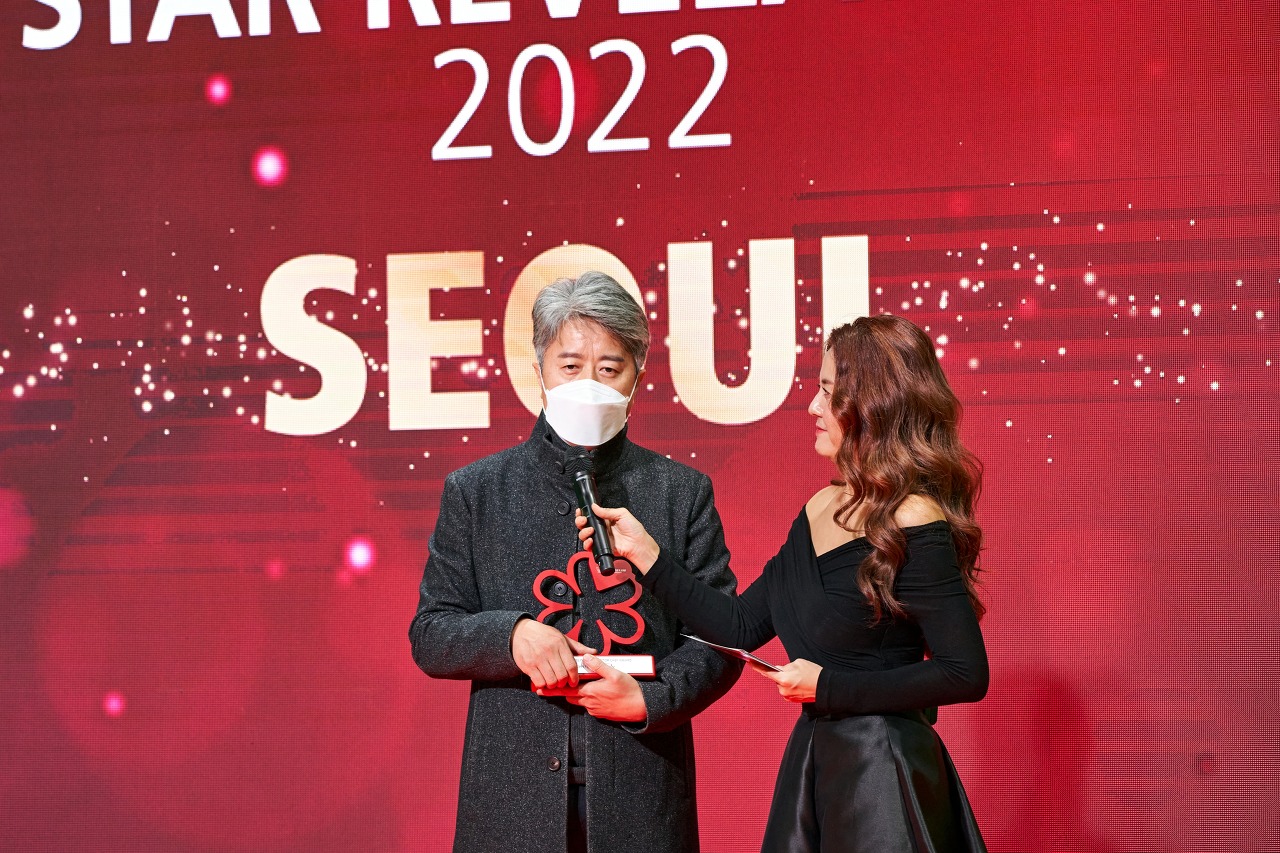
Chef Jang, congratulations on winning the MICHELIN Mentor Chef Award.
I never expected to win. I feel very grateful though at the same time I feel the pressure to do better due to the power and weight of the words "mentor chef". This also gave me an opportunity to look back at my cooking life.
Who did you share your joy with after receiving this award?
First, I shared joy with our crew at L'Amitié. Our team members prepared a cake and gave me a surprise party, and I felt really gratified. Not just my family but also many colleagues in this industry sent me congratulations.
Describe your leadership style.
When I started cooking, strict leadership was common. It was the atmosphere of the kitchen at that time but I didn’t like it. I decided not to continue to shout and scold people because I felt bad and couldn’t properly concentrate in the kitchen. As we are all adults, I believe that we can communicate without pressuring and pushing the junior staff. Of course, my team members may think differently, but I believe I'm being gentle. (laughs)
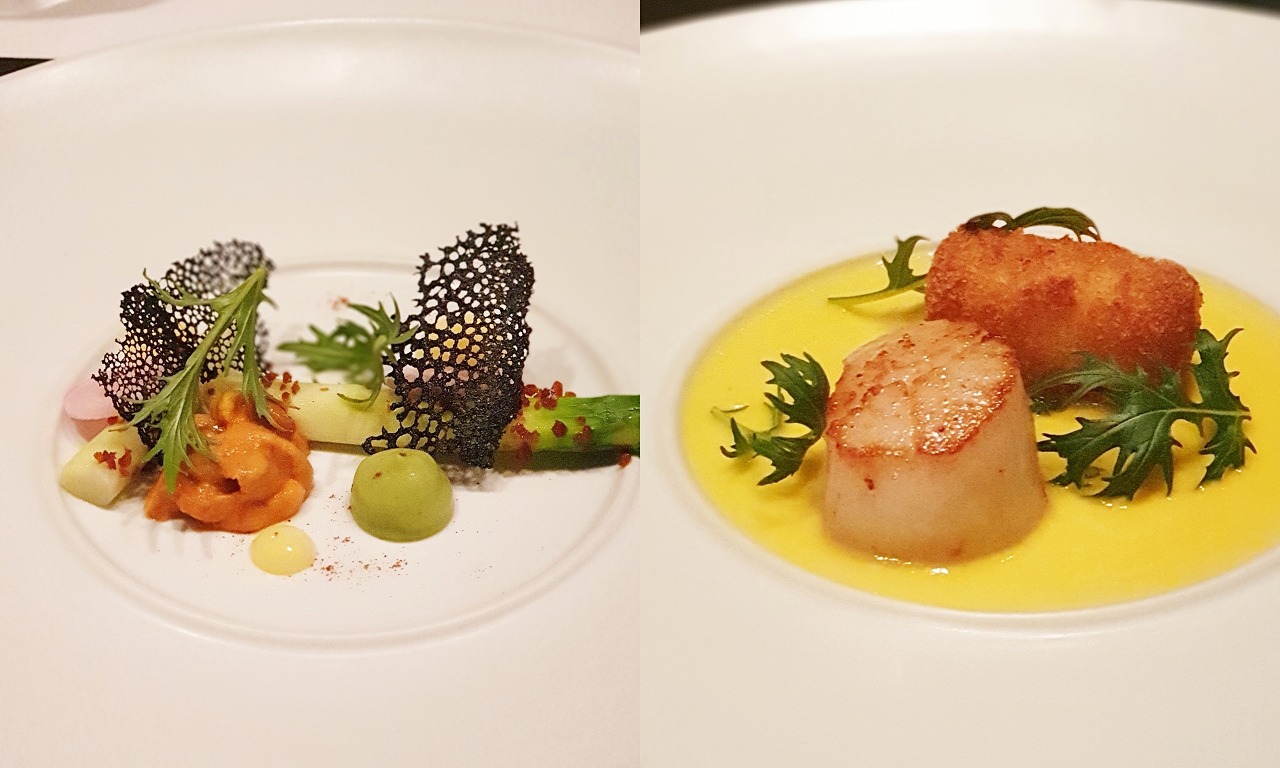
Chef Jang Myoung-sik's mentor is...
Professors Oh Seok-hyun and Choi Joo-rak have been the main mentors of my life, not just my career. Even when I was learning to cook at school, they taught me to live like a senior in the field, not just as a teacher of a classroom. I still remember professor Oh putting his finger in hot oil to check the temperature while demonstrating it in the frying class. You may think it seems reckless to put your fingers in oil, but it was extremely impressive to me to consider how much field experience, know-how and confidence he had until he could figure out the exact temperature and demonstrate it without danger.
Over the past 20 years, what has helped you grow?
Breaking from familiarity has become the driving force behind growth. After working at a hotel for 11 years, I became an owner-chef, and my vision widened. Until that point, the key was to do the given tasks quickly, accurately and perfectly, but that isn't enough when you are responsible for all the restaurant’s operations. It’s a constant struggle to survive – I had to buy ingredients at the market, create new menus with character, make good food, allow our guests to return to their home with satisfaction, hire employees and maintain all areas as needed.
The number of seats of the restaurant is also an opportunity to grow beyond the familiar. At first, it was a really small restaurant with one or two tables. There were about ten customers at any time. The restaurant gradually expanded to 20- and then 30-seater, and we had to develop both the cooking and operations accordingly. If we always place ourselves in the same situation, there will be no improvement. Every challenge makes us stronger.
Tell us about someone you have mentored.
Chef Kim Jin-rae, who leads Seoul Dining, was a junior chef who worked in this kitchen in the first year after I took over L'Amitié. At that time, he stood out; to every little detail, he had a lot of ‘why’ questions. The endless questions felt annoying (laughs), but I could see his vision to achieve more. It feels really good to see a junior chef grow into a great chef with philosophy and subjectivity and unfold his culinary dream.
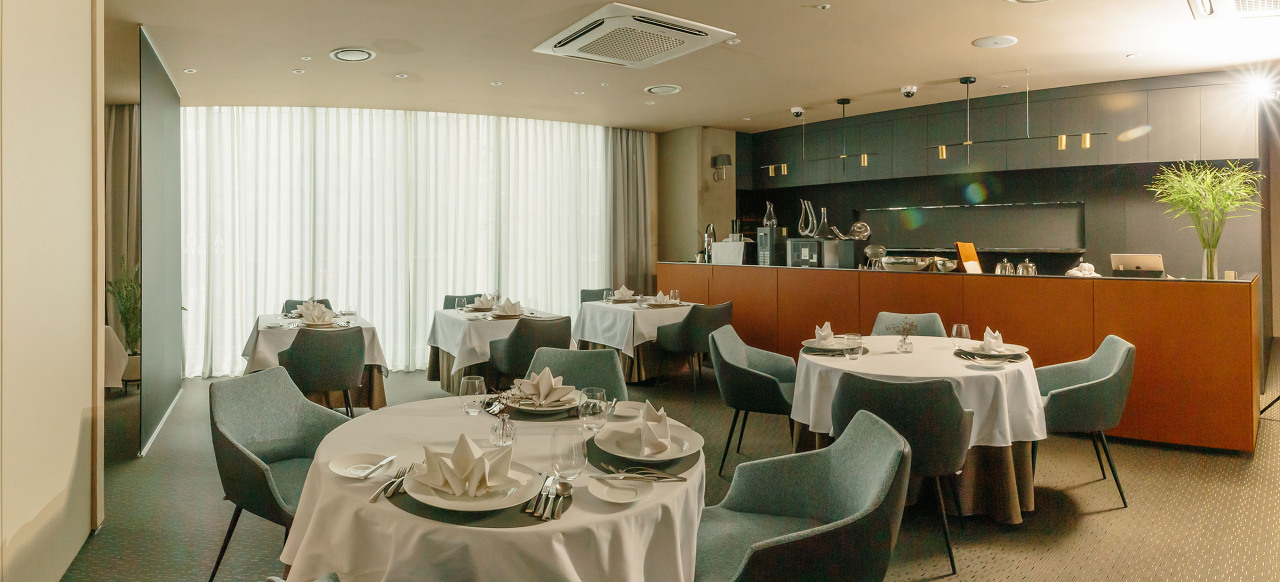
What do you want to tell young chefs today?
Even now, when I talk to my junior chefs, everyone has a lot of worries. Concerns can make one thoughtful, but if you think too much, you can’t spend enough time concentrating on the hands-on experience. These foundational days pass too quickly! If you constantly change jobs without confidence and experiencing trials and errors, your time is not well spent. If you've made up your mind to some extent, you need time to concentrate on your passion. Otherwise, you can't reach your dream. Put down your worries a little, and deal with life with patience, perseverance and deep breaths.
The most important virtue a chef should have is...
I'd like to pick ‘mind-control’. Food contains the heart of a person who cooks. The emotions and energy of that moment are absorbed into the dish. If you fight people and cook while you're angry, it's hard to concentrate properly. Can this food be delicious? Even if the ingredients are fresh and cooked according to the recipe, I think a dish made with an angry and unpleasant heart may cause the diner to have an upset stomach and indigestion. The chef's countenance is an important factor in cooking. The moment you enter the kitchen in a chef's gown, you have an obligation to cook with a calm and warm heart.
We are curious about your future direction and aspirations.
After acquiring L'Amitié, I thought about changing the name of this restaurant to show more of my personal character. However, I thought I was doing something more meaningful. It is an honorable opportunity to become part of the history of French restaurants in Korea that have maintained the same name for many years and continued their reputation. I hope someone else will take charge of this restaurant in 10 or 20 years and lead L'Amitié in his own way. It's more than just a space that opens and disappears depending on the chef. I'd like to create a good example that a fine dining restaurant can continue its name for generations.
This Article is written in Korean and English by Julia Lee and sub-edited by June Lee in English.






